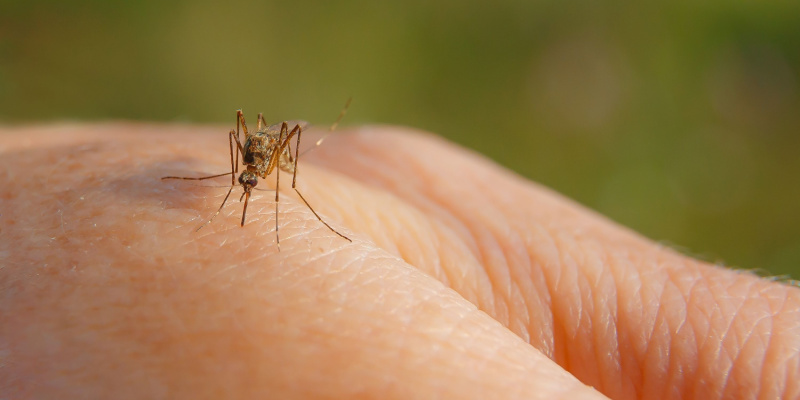Residents of the Columbus, OH area, including the charming suburbs of Pickerington, face a common summertime adversary: mosquitoes. These pests not only cause itchy bites but also pose health risks by transmitting diseases like the West Nile virus and the Zika virus. Finding the best mosquito control treatment is crucial for enjoying the warm weather without the annoyance and danger of mosquitoes. Here’s an in-depth look at effective strategies and treatments for managing mosquito populations in the Columbus area.
Understanding Mosquito Behavior and Risks
To effectively combat mosquitoes, it’s essential to understand their behavior. Mosquitoes are attracted to carbon dioxide, body heat, and specific body odors, which is why they seem particularly drawn to humans during outdoor activities. They breed in standing water, from large ponds to tiny puddles, making vigilance in yard maintenance a critical first step in mosquito control.
Integrated Pest Management (IPM)
The most effective mosquito control strategies use an Integrated Pest Management (IPM) approach, combining physical, biological, and chemical methods to reduce mosquito populations. This approach includes:
- Source Reduction:
Eliminating standing water sources where mosquitoes breed.
- Chemical Control:
Using insecticides carefully and judiciously, focusing on areas where mosquitoes rest and breed.
Professional Mosquito Control Services
For those seeking comprehensive solutions, professional mosquito control services offer the best protection. These services typically involve:
- Inspection and Assessment:
Identifying potential breeding sites and recommending corrective actions.
- Larviciding:
Treating water bodies or wet areas where mosquito larvae are found, using environmentally safe products.
- Adulticiding:
Applying treatments to foliage and other mosquito resting sites to kill adult mosquitoes. This often includes barrier treatments that provide lasting protection.
- Ongoing Monitoring and Maintenance:
Regularly assessing the property for new mosquito activity and adjusting treatment plans as necessary.
DIY Preventative Measures
In addition to professional services, there are several DIY measures homeowners can take to reduce mosquito activity:
- Remove Standing Water:
Regularly empty containers that collect water, clear clogged gutters, and adjust landscaping to prevent water accumulation.
- Use Mosquito Repellents:
When spending time outdoors, use EPA-approved mosquito repellents on skin and clothing.
- Natural Deterrents:
Planting mosquito-repellent plants like citronella, marigold, and lavender can help deter mosquitoes from lingering in outdoor living spaces.
- Physical Barriers:
Ensure window and door screens are in good repair to keep mosquitoes outside.
Community-Wide Efforts
Mosquito control is most effective when entire communities participate. Columbus-area residents are encouraged to work together by participating in community clean-up days to remove debris and standing water, sharing information on mosquito prevention, and supporting local mosquito control initiatives.
The Role of Local Government and Public Health Initiatives
Local government and public health departments in the Columbus area play a crucial role in mosquito control. They conduct surveillance for mosquito-borne diseases, provide resources and information to the public, and may conduct area-wide mosquito control treatments in public spaces and neighborhoods.
Finding the best mosquito control treatment in the Columbus, OH area involves a combination of professional services, DIY efforts, and community participation. By understanding mosquito behavior, employing an integrated approach to pest management, and working together, residents can significantly reduce mosquito populations and the risks they pose. Enjoying the beautiful Ohio summers becomes much more pleasant when you can relax in your outdoor spaces without the constant bother of mosquitoes.

